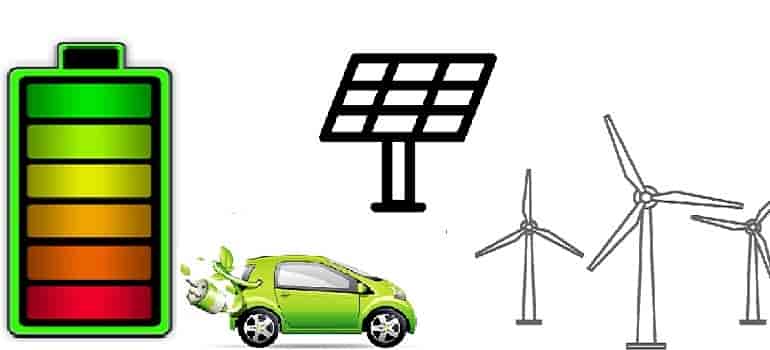
Indian cities are experiencing an explosive motorisation phase. It had taken 60 years – from 1952 to 2008 – for the number of registered vehicles in the country to reach 105 million. But thereafter, the same number was added in a mere six years – between 2009 and 2015. At the same time, the share of public transport in overall transportation modes is expected to decrease from 75.5 per cent in 2000-01, to 44.7 per cent in 2030-31.
Statistics like this from 14 cities across India have been analysed by Centre for Science and Environment (CSE), the New Delhi-based think tank, to check how some cities, which hold sizeable shares of India’s urban population, are positioned in the race for clean and low carbon mobility. Which cities pollute and guzzle more than the others from only urban commute, and what is influencing the difference?
The analysis – titled The Urban Commute – was released in Kolkata today in a seminar attended by administration officials, transportation and air quality experts, civil society representatives, and journalists. The study ranks the 14 cities on the basis of emissions of heat-trapping carbon dioxide and toxic pollutants like particulate matter and nitrogen oxides, as well as energy guzzling from urban commuting.
The 14 cities studied include Delhi, Mumbai, Kolkata, Chennai, Bengaluru and Hyderabad (henceforth called megacities); and Ahmedabad, Pune, Jaipur, Lucknow, Kochi, Bhopal, Vijayawada and Chandigarh (grouped as metropolitan cities).
Releasing the analysis, Anumita Roychowdhury, executive director-research and advocacy, CSE, said: “This review has become necessary as greenhouse gas emissions from transport—though the third highest currently among all sectors—has recorded the steepest increase. This is also responsible for health-damaging toxic exposure. Growing dependence on personal vehicles for urban commuting can lead to irreversible negative trends and damage.”
She added: “This ranking proves that for clean and low carbon mobility, cities need policies to stop urban sprawl; reduce distances between residence, jobs and recreation through compact urban forms; scale up integrated public transport, walking and cycling; and put restraints on use of personal vehicles to avert pollution and climate crisis.”
THE RANKINGS
Overall emissions and energy consumption
- Bhopal
- Vijayawada
- Chandigarh
- Lucknow
- Kochi
- Jaipur
- Kolkata
- Ahmedabad
- Pune
- Mumbai
- Hyderabad
- Bengaluru
- Chennai
- Delhi
Per-travel trip emissions and energy consumption
- Kolkata
- Mumbai
- Bhopal
- Delhi
- Ahmedabad
- Lucknow
- Vijayawada
- Pune
- Jaipur
- Chennai
- Bengaluru
- Kochi
- Chandigarh
- Hyderabad
For the complete report and a summarized version of it:
